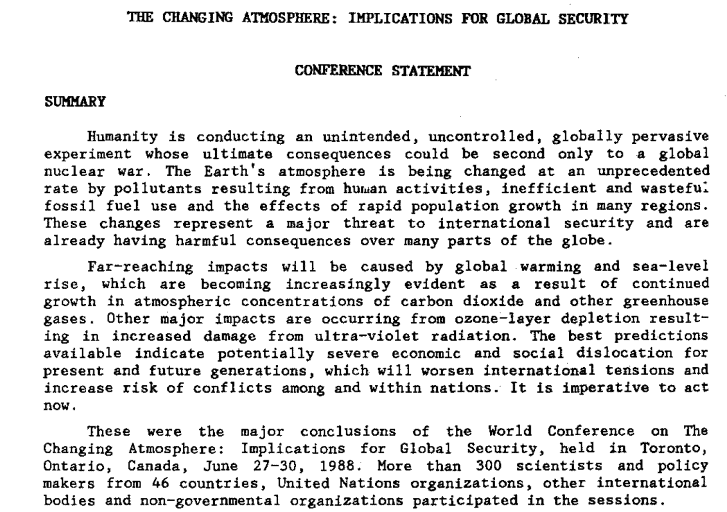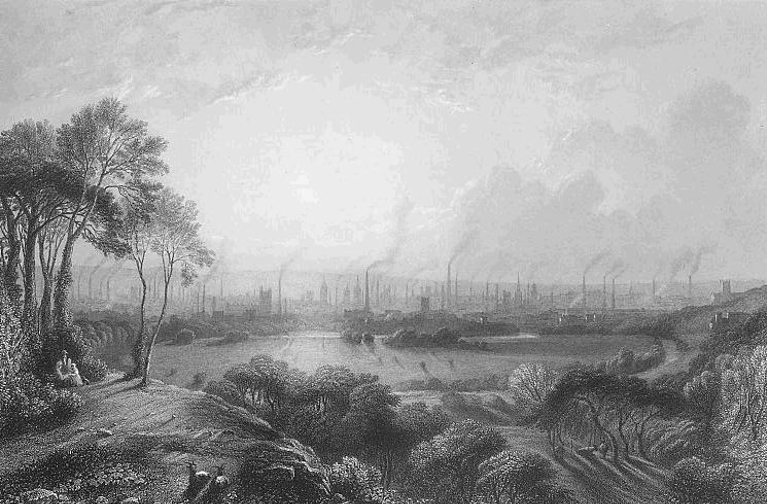 |
| Participants in this week’s Darebin Climate Emergency conference in Melboure. Photo: John Englart |
People engaged in the climate debate are often bewildered by society’s lack of response. How can we ignore such overwhelming evidence of an existential threat to social and economic stability?
Given human history, we should never have expected anything else. Humans have a consistent tendency that when change is uncomfortable we delay action until a threat becomes a crisis. The scale of the threat or the existence of powerful evidence makes little difference.
There are countless examples – personal health issues, a business’ declining success, or global financial and credit risks. Historically, though, World War Two (WWII ) remains the best analogy.
The evidence of the threat posed by Hitler was overwhelming and the case for action crystal clear. However, many were still deeply resistant to acting. Only when the threat became overwhelming – until it was accepted as an imminent crisis – was Britain triggered into action. When it was, Winston Churchill led the critical shift in thinking, arguing that no matter how uncomfortable, expensive or challenging to the status quo, sometimes you just have to do what is necessary. Not your best, or what you can afford, or what’s “realistic” – but what is necessary. In his case, that was going to war and assuming victory was possible.
And so began one of the fastest and most dramatic economic mobilisations and industrial transformations in history. As a result, something that was rationally bordering on the impossible was achieved.
I would argue we are approaching a point where this same cycle will play out on climate change – and we will get to the transformational action stage.











